Mathematics is more than just a school subject—it’s a foundational skill. Whether you plan to enrol in a Polytechnic course, Junior College, or even pursue a STEM-related career in the future, a strong O level maths grade is often a necessity. In fact, many courses and scholarships list maths as a prerequisite, which is why how to get an A* in O level maths remains one of the most important concerns for a student attempting their O levels.
In this blog post, we will explore how to get an A* in O level mathematics, the challenges students face when preparing, and some tips and tricks necessary to ace the exam. We will also discuss how Superprof, a leader in providing quality education to students across the world, can support you in your learning journey.

Overview of O Level Mathematics
The O level maths syllabus comprises of two papers:
- Paper 1: This paper assesses a student’s fundamental concepts, problem-solving skills, and numerical reasoning in mathematics.
- Paper 2: This paper consists of problems of varying lengths requiring a deeper application of mathematical concepts.
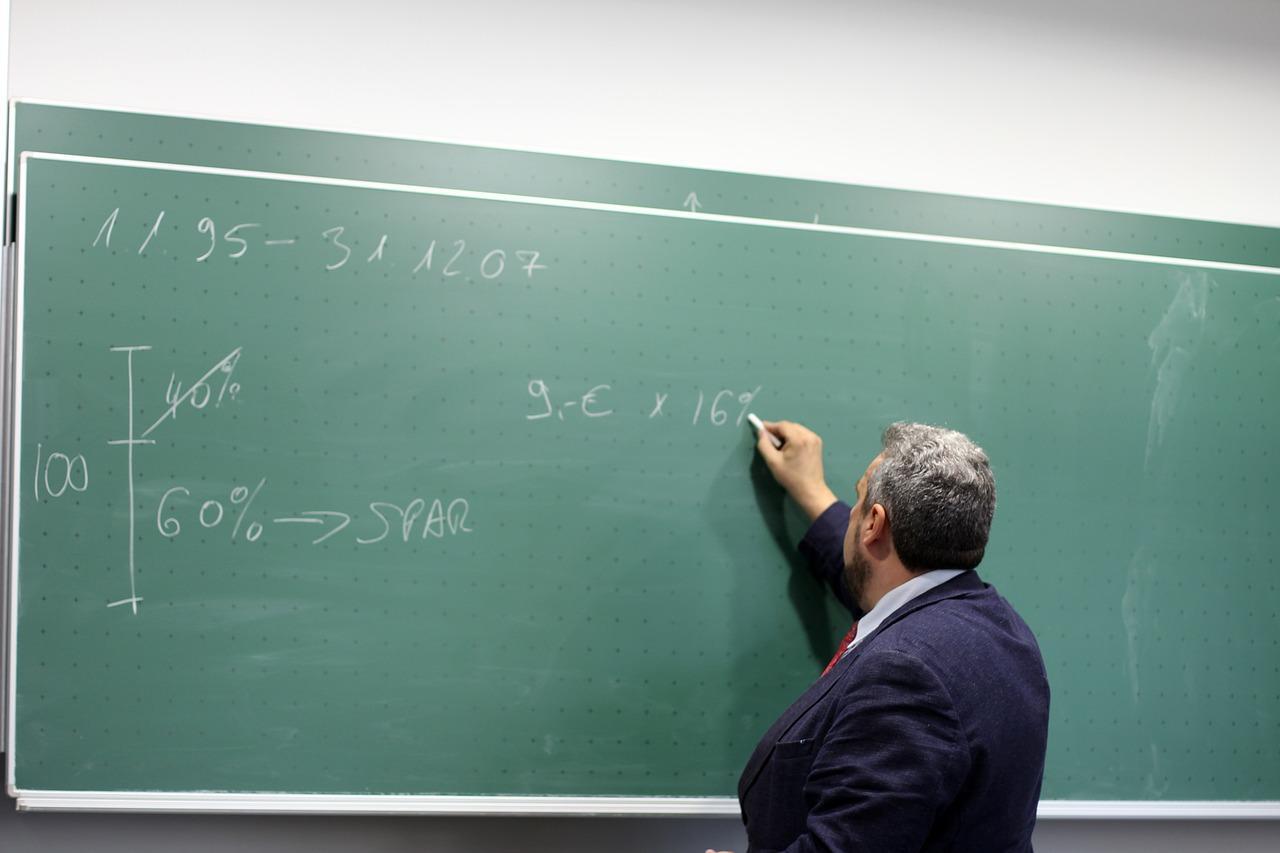
Both papers are of 2 hours 15 minutes duration and contribute equal weightage of 50% to the final grade, making each one equally important. Also, while the exact dates may vary, typically, the written exam takes place between late September and mid-October.
How to Get A* in O Level Maths
Maths requires clear understanding and consistent practice, as without either, students might struggle to score good marks. Thus, while scoring an A* in O level math may seem daunting, with the right approach, it is achievable.
- Begin by identifying question patterns in past-year papers. Pay special attention to them. Practice them regularly to build confidence.
- Focus on mastering difficult questions, especially complex topics like geometry proofs and multi-step problem-solving scenarios. Students aiming for an A* should go beyond solving standard questions and tackle ones that require a combination of multiple concepts.
- Study the marking scheme of past papers to identify mark-fetching topics.
- Time management is also very important. When practising, students should aim to complete their O level maths practice questions well within the allocated time.
- During the exam, give yourself a buffer time to check answers.
- Ultimately, consistency is key. Consistent revision, regular self-testing, and feedback from tutors are key to ensuring students remain on track for excellence.
How to Pass O Level Maths if You're Struggling
It is no secret that a lot of students struggle with maths. Often, only those with an aptitude for mathematics and numbers seem to succeed in it. If you’re wondering how to pass O level maths, don’t worry—we have identified effective strategies that can help you clear your O level maths paper effortlessly.

The first step is to identify your weak areas and start working on them. A targeted approach is more productive than trying to revise the entire syllabus in one go.
Some students face mental blocks with maths, often due to past failures or a lack of confidence. You can change this mindset by approaching easier problems and trying to solve them first.
Maths is a logical and structured subject. Hence, it’s important for you to understand the "why" behind a concept rather than just memorising it.
Support from a tutor, either in person or through platforms like Superprof, can provide personalised attention and help break down complex topics into manageable parts. With the right guidance, even struggling students can secure a solid pass in their O Level Maths exam.
Common Challenges in Preparing for O Level Mathematics
In Singapore, maths plays a crucial role in a student’s academic journey. And there is no denying that mathematics is undeniably one of the most challenging subjects out there.
In this section, we will look at some of the challenges students face when preparing for their O level mathematics paper.
Memorising Formulas
Students often have a hard time in remembering formulas. How do you remember which formula is for which topic since there are so many out there? The first thing to remember is that you do not need to memorise the formulas since a formula sheet is provided during the examination.
Instead, you must concentrate on familiarising yourself with which formulas should be used for which topics. This can only be achieved over time through practice. The more you practice by attempting questions, the more you will be able to differentiate the formulas.

Too Much to Learn
Students tend to become overwhelmed because there is so much to learn and practise. It is easy for students to become stressed and anxious. Given there is so much to learn, students should never leave studying until the last minute. Cramming for examinations rarely works and can cost students their grades. Consistently studying throughout the year will help students get A* in O level maths.
Poor Time Management During Exam
Understanding and mastering their syllabus is one thing, but demonstrating your knowledge and skills during the examination is an entirely different thing. To effectively answer all questions in their examination, students need to have proper time management skills. Without this skill, there is a high possibility that they will not be able to finish all their examination questions.

How to Get an A* in O Level Maths?
Let us look at some tips and tricks for scoring on your O level paper.
Time Management
Proper time management skills are essential to get A* in O level maths. These skills become especially important when you’re sitting for your examination. Whenever you attempt O level maths practice questions, set a timer and try to complete your questions within a fixed time duration.
By timing yourself, you’ll be well-prepared for the main exam and complete all your questions within the set time.
Study Plan
Mathematics is not a subject you can just cram at the very last minute. For this subject, you will need to have a detailed study plan. This will help you understand your topics better and ensure you cover every topic in your syllabus. The O level mathematics examination covers everything in the syllabus, so rather than trying to spot the topics that come out, you should ensure that you cover everything in your syllabus.
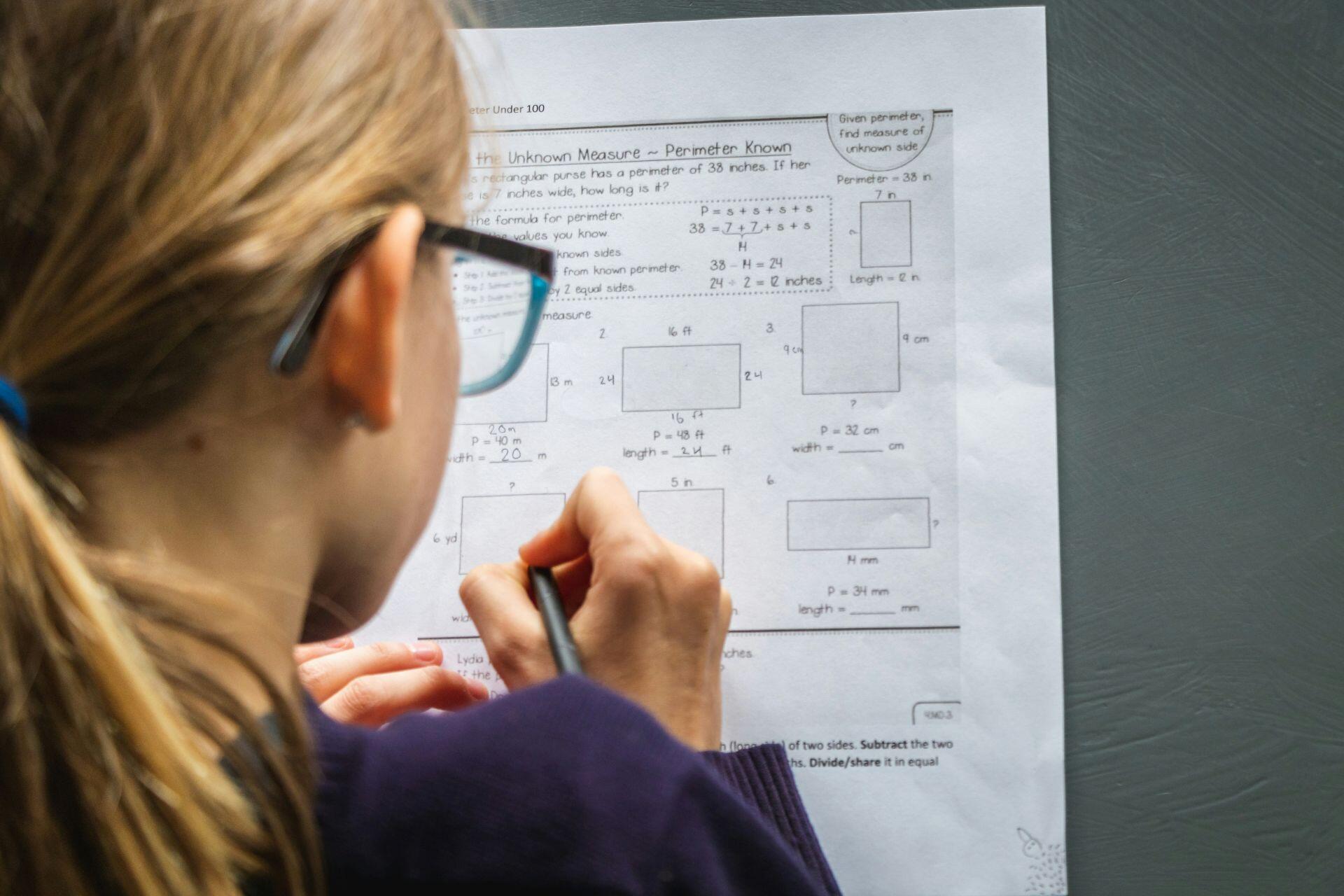
Practice Makes Perfect
You cannot master maths simply by reading from your textbook. You can ace it only when you understand the material and apply it to real-life questions. To excel in your paper, you’ll have to practise extensively. The more you practise, the better you will understand the topic and familiarise yourself with the format and marking scheme.
O Level Maths Practice Questions: What to Focus On
Practising the right type of questions is one of the best ways to get an A* in O level maths. So, what are you waiting for? Note down your maths O level exam date and begin practising a variety of question formats like:
- MCQs for quick recall and recognition of concepts
- Short-answer questions to test core concepts
- Structured, long-form questions to cultivate logical thinking and step-by-step reasoning
Past year O level papers are one of the best resources available. You should try to practise at least 3–5 full past papers before the actual exam to build familiarity and confidence. Time these practice sessions to get the feel of the exam.
By learning from a tutor on Superprof you’ll get curated question banks and worksheets to help you identify common question types and improve exam techniques.
Top Formula Sheet Tips
While students are given a formula sheet during the O Level maths exam, it does not mean they can ignore it altogether. Students need to know how and when to use formulas. Plus, it is a given that students who are familiar with formulas and their applications naturally make fewer mistakes. When preparing, focus on remembering commonly used formulas like:
- Trigonometric ratios and identities
- Area and perimeter of standard shapes
- Volume and surface area formulas
- Gradient and equation of a straight line
- Quadratic formula
For easier reference, we have compiled the information in a table.
| Mensuration | Area of Parallelogram = base x height Area of Trapezium = ½ × (sum of parallel sides) × height Surface are of Sphere = 4πr² |
|---|---|
| Coordinate Geometry | Gradient (M) = m = (y₂ - y₁) / (x₂ - x₁) Distance (D) = √[(x₂ - x₁)² + (y₂ - y₁)²] Midpoint = ((x₁ + x₂)/2, (y₁ + y₂)/2 |
| Algebra | Quadratic formula x = [-b ± √(b² - 4ac)] / (2a) Expansion: (a+b)² = a² + 2ab + b² |
| Trigonometry | sin θ = opposite/hypotenuse cos θ = adjacent/hypotenuse tanθ = opposite/adjacent |
Sample Questions You Should Practice
Below are some sample questions from MOE that you can use to understand the types of questions that might come in the exam.
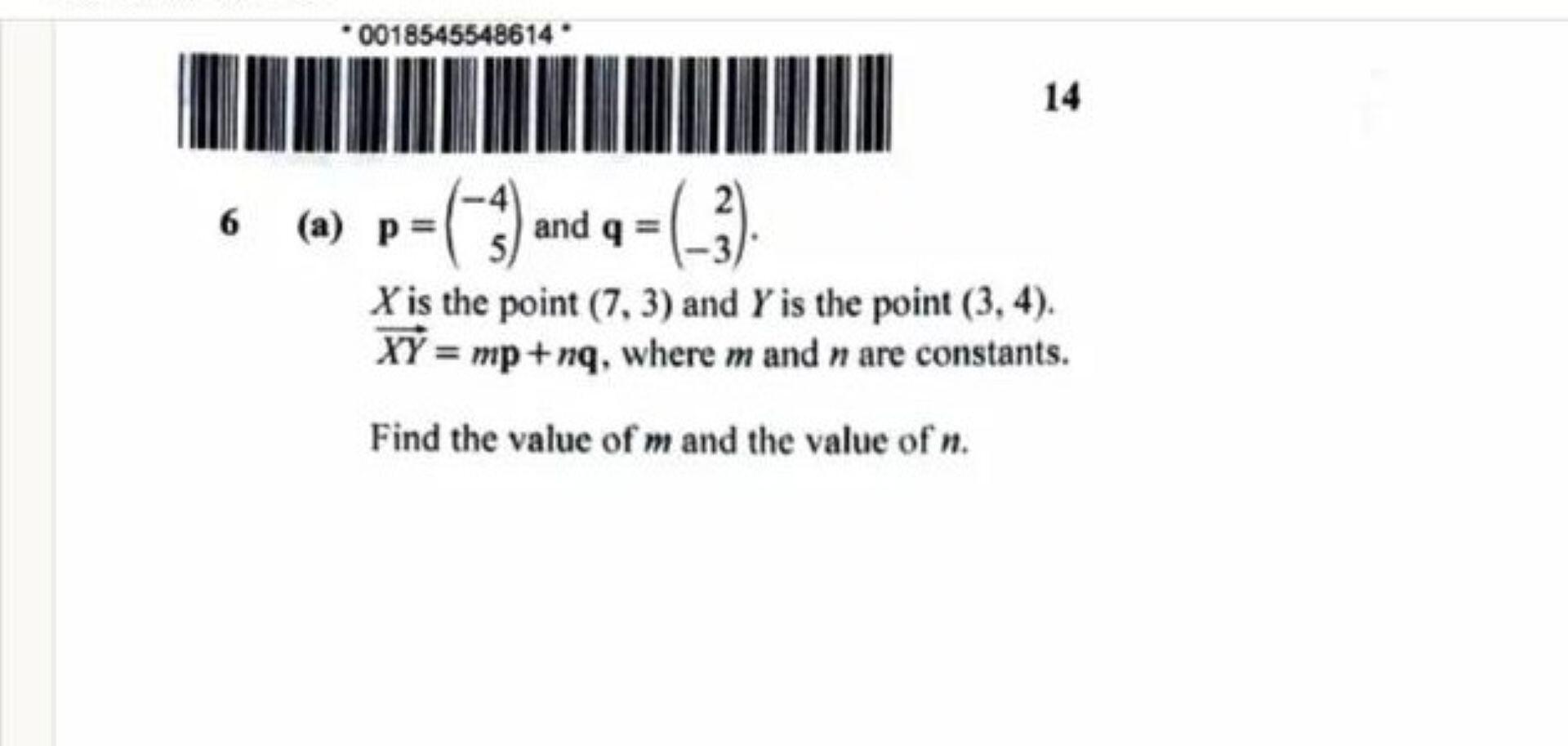
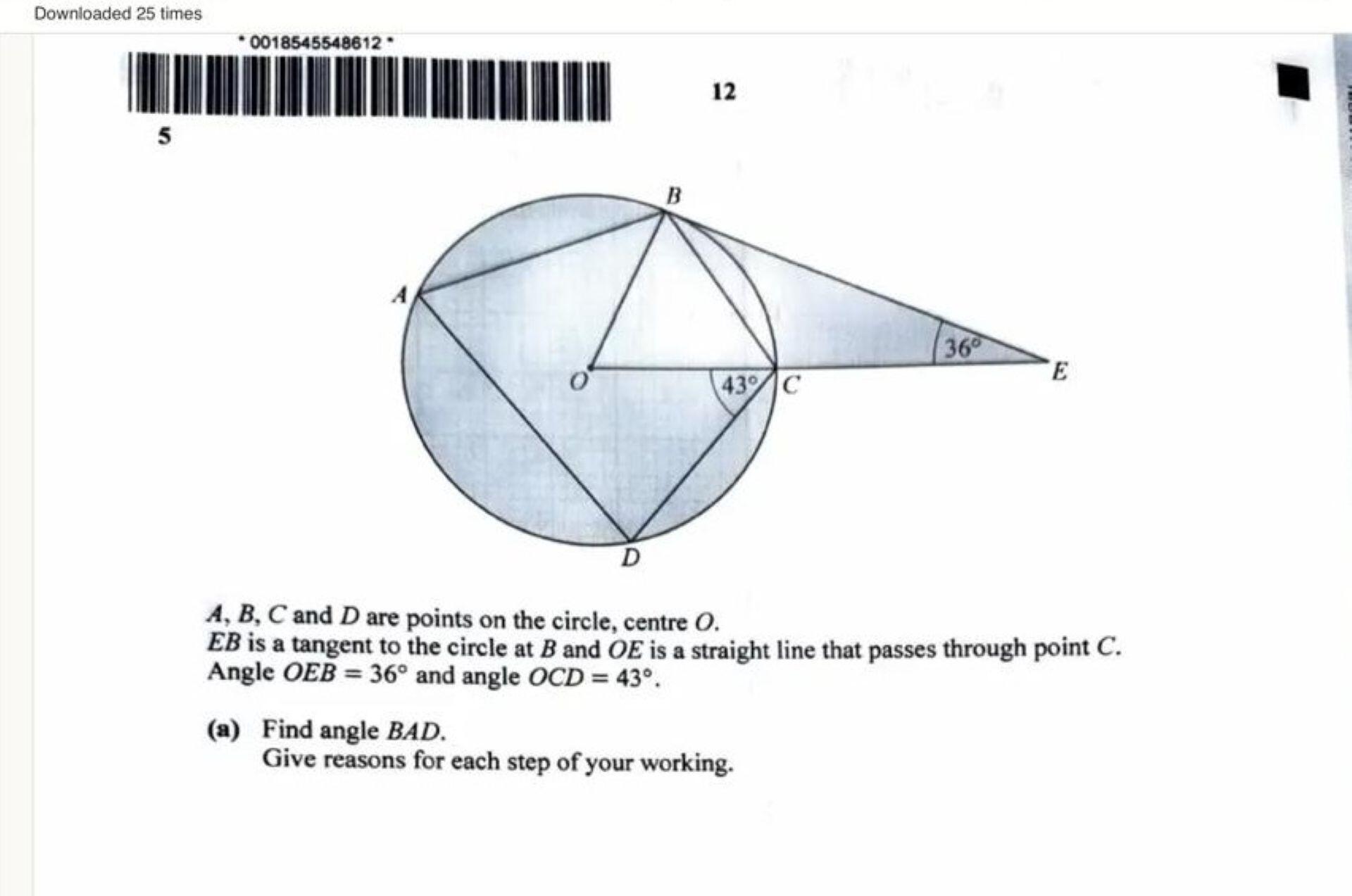
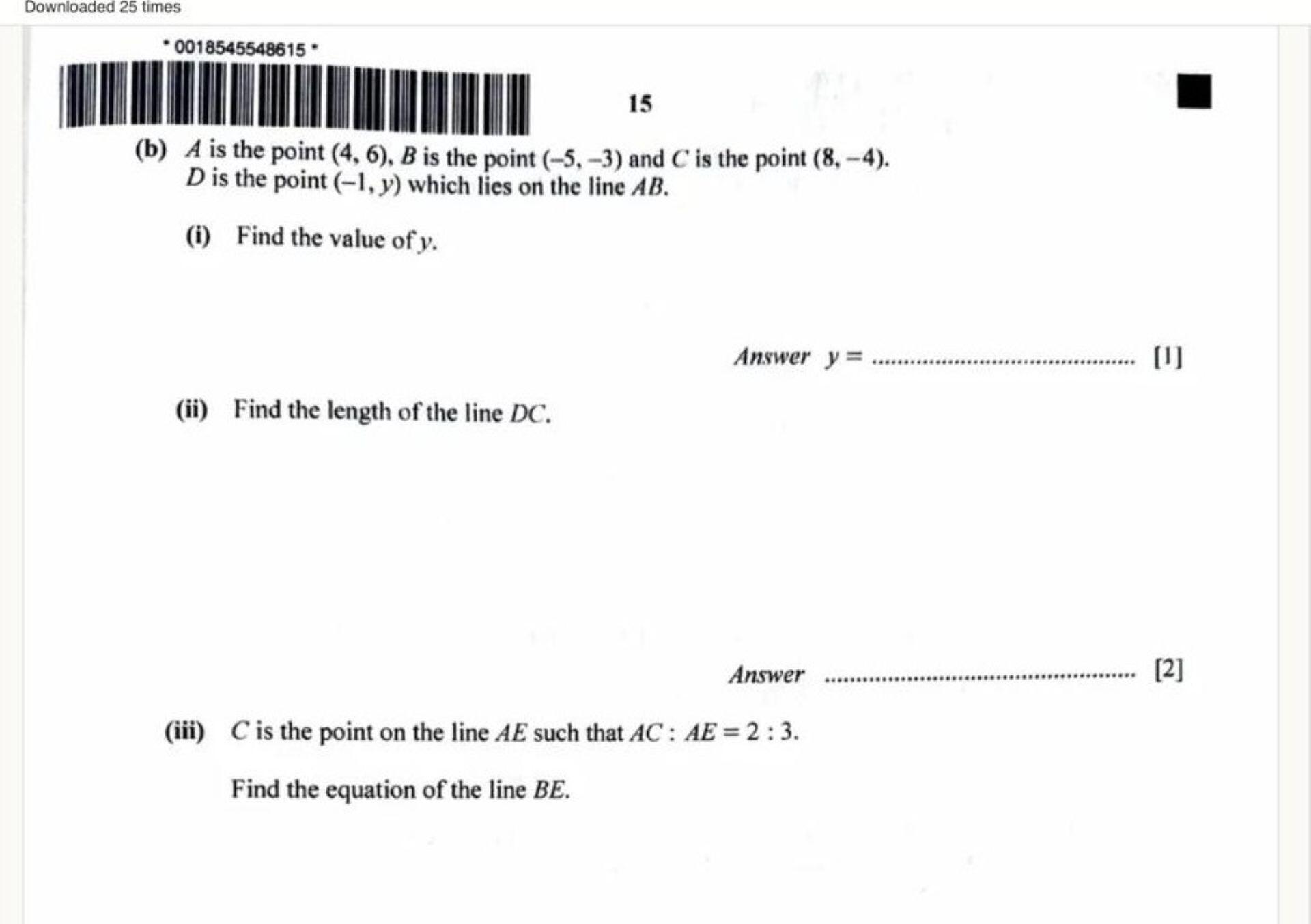
Get Expert Help with a Superprof Teacher
O level Mathematics is undoubtedly one of the most important subjects in the Singapore education system. One of the best things you can do for yourself in your O level mathematics journey is to learn from a private tutor on Superprof.
If you’re wondering how to get A* in O level maths, you have come to the right place! Superprof is an online platform that connects students and tutors across the world. All our tutors are not only skilled and experienced, but they have been also verified by us.

Do you need help with your maths O level paper? Whether you're having a hard time understanding algebra or mastering geometry, our A* tutors are perfectly equipped to help you in your learning journey and enable you to pass O level maths with flying colours. Whether it is top resources, past year papers, or curated worksheets, they are here to guide you and help you study smarter and focus on what matters most.
Don’t want to travel all the way to a tuition class? No problem! At Superprof, you have the flexibility to either join an in-person class or choose to learn O level maths online.
So, what are you waiting for? Join a class now and take your O level preparations to the next level.
Summarise with AI:















